What Are the Best Remote Desktop and Screen-Sharing Software Programs?
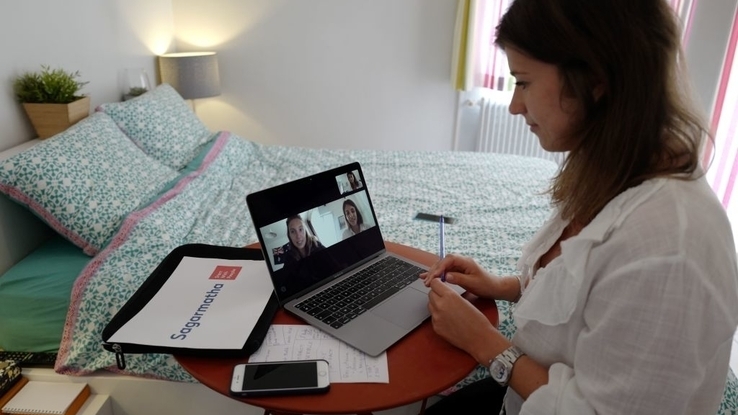
Remote work has become a lot more familiar to many Americans since the start of the coronavirus outbreak, but that doesn’t mean it’s easy. Long-distance communication can be a challenge, especially if you need to talk about tasks or information on the screen before you.
The best way to get around this problem is with a screen-sharing program that lets you see what’s on another person’s screen remotely. While most remote desktop applications come with screen-sharing capabilities, popular video call and conferencing programs like Skype and Zoom also offer this feature. So which screen-sharing program is best for your work? Read on to learn about the biggest names in the industry and the advantages of choosing each one.
TeamViewer
TeamViewer was one of the most popular remote desktop software programs even before the pandemic, and it’s only become more popular since. The ease with which it can be downloaded and installed makes it a go-to for many people who are in the business of providing online technical support, although it’s also used for online teaching and even just accessing one’s own computer remotely.

The premium version comes loaded with features, including powerful cross-platform access and topnotch security controls, making it a good choice for corporate and small and medium-sized enterprise (SME) use. If you plan on using the software for private, non-commercial use, you can even download it for free.
RemotePC
Simplicity and ease-of-use are the main reasons for the popularity of RemotePC, making it a favorite among home and business users. This application offers a clean user interface with intuitive controls and useful add-ons which look identical whether you use it on a Windows or Mac operating system.
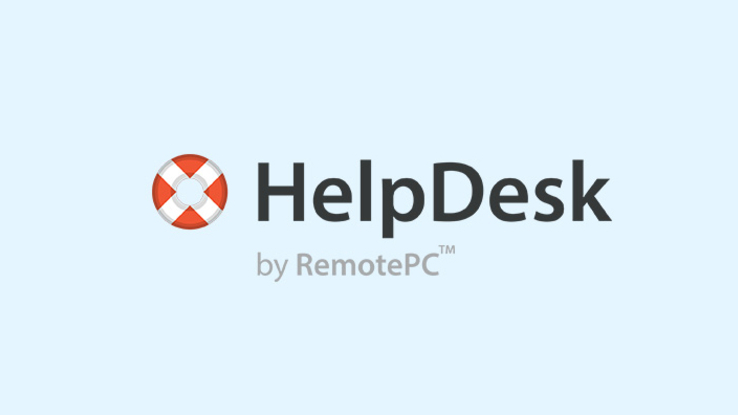
Another advantage of RemotePC is that it is light and goes easy on computer resources, allowing even lower-end computers to run it effectively. RemotePC also comes with a voice chat feature and a 30-day, free trial of the premium version. The main downside is that there isn’t a permanently free version.
LogMeIn
You can think of LogMeIn as a cross between the previous entries on this list, with the same cross-platform functionality of TeamViewer and the intuitive interface of RemotePC. One big advantage that LogMeIn offers is 1 terabyte of cloud storage, where project collaborators can store and share their files with an unlimited number of users. While it’s simple enough for home and personal use, its wide range of features and price — no free version after your trial is done — make it better for business and corporate use.
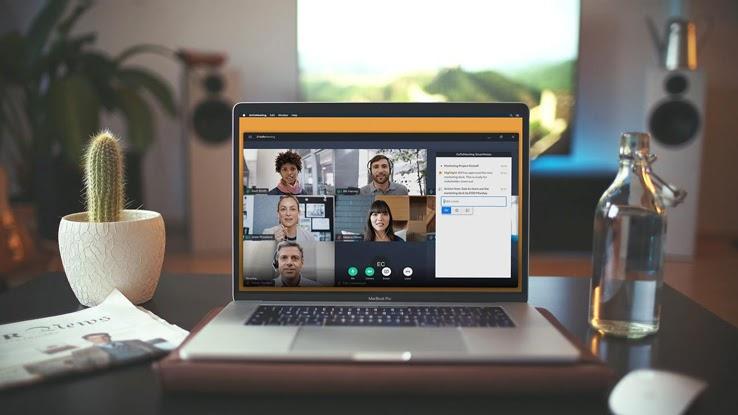
SplashTop
SplashTop markets itself as a cheaper alternative to many of the programs on this list. Rather than a single package, the company offers a range of programs that are designed for everything from simple remote file access to I.T. support-oriented screen-sharing technology. Easy drag-and-drop file storage and sharing, chat, screen recording and multidevice compatibility further round out what the company has to offer. SplashTop offers a free trial period for all of its remote desktop app plans.
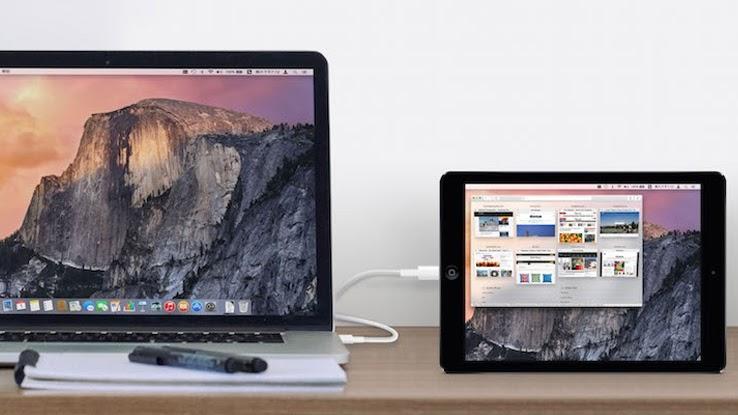
GoToMyPC
For those who want a quick work-from-home solution, GoToMyPC is a solid place to start. It strikes a good balance between range of features and ease of use. Novice remote desktop users may also find GoToMyPC easier to use compared to its competitors because it runs most of its operations via browser. Seasoned users have the option of switching to a direct connection within a local area network or via the internet for more secure remote communication.
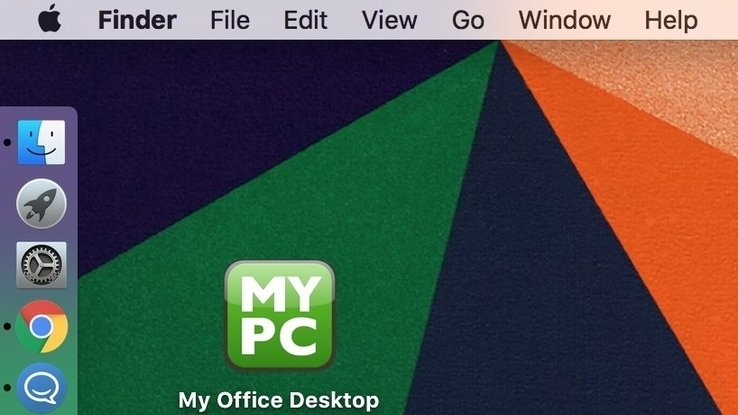
Skype and Zoom Video Calls
For people who routinely need to share their screen to get work done, the programs above are probably the best choices available. If you’re a more casual user, however, there’s another option that you may even already be using: Skype and Zoom. Skype is the best choice for smaller conferences and meetings where the host requires high-quality video and audio. While its screen-sharing capabilities are limited, it does have intuitive controls that are perfect for people who rarely use the feature and don’t want to spend too much time learning how to use it. Skype also has a business version that comes with additional presentation features, including a whiteboard, polls and question and answer tools.

Meanwhile, Zoom has seen its user base increase exponentially during the pandemic. Apart from its screen-sharing capability, it comes with practical online conference features, such as the ability to handle hundreds of callers at once. The free version has a time limit on meetings of more than three people, while the paid version offers unlimited video conferencing hours.





